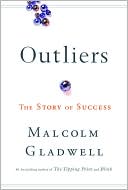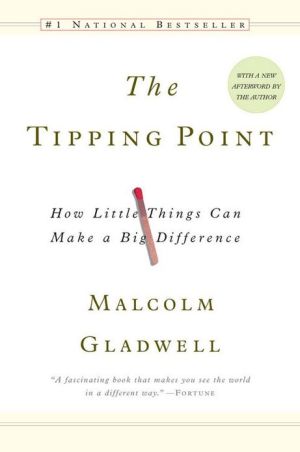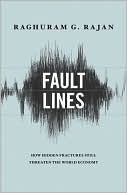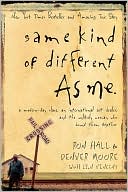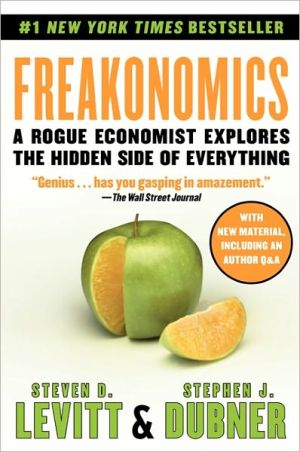This Is Water: Some Thoughts, Delivered on a Significant Occasion, about Living a Compassionate Life
Only once did David Foster Wallace give a public talk on his views on life, during a commencement address given in 2005 at Kenyon College. The speech is reprinted for the first time in book form in THIS IS WATER. How does one keep from going through their comfortable, prosperous adult life unconsciously? How do we get ourselves out of the foreground of our thoughts and achieve compassion? The speech captures Wallace's electric intellect as well as his grace in attention to others. After his...
Search in google:
Only once did David Foster Wallace give a public talk on his views on life, during a commencement address given in 2005 at Kenyon College. The speech is reprinted for the first time in book form in THIS IS WATER. How does one keep from going through their comfortable, prosperous adult life unconsciously? How do we get ourselves out of the foreground of our thoughts and achieve compassion? The speech captures Wallace's electric intellect as well as his grace in attention to others. After his death, it became a treasured piece of writing reprinted in The Wall Street Journal and the London Times, commented on endlessly in blogs, and emailed from friend to friend.Writing with his one-of-a-kind blend of causal humor, exacting intellect, and practical philosophy, David Foster Wallace probes the challenges of daily living and offers advice that renews us with every reading. The Barnes & Noble Review David Foster Wallace committed suicide in September 2008, a grim reality that unavoidably colors This Is Water: Some Thoughts, Delivered on a Significant Occasion, about Living a Compassionate Life, a commencement address he gave at Kenyon College in 2005. This slim publication -- its 134 pages often contain one sentence -- warns of the dangerous, unhappy depressions of self-absorption and says "learning how to think," that old liberal arts mantra, "really means learning how to exercise some control over how andwhat you think." Every life experience casts us in the lead role, and that default setting is our greatest obstacle, Wallace says. "Because the traffic jams and crowded aisles and long checkout lines give me time to think, and if I don't make a conscious decision about how to think and what to pay attention to, I'm gonna be pissed and miserable every time I have to food shop, because my natural default setting is that situations like this are really all about me." To combat this attitude, we must be mindful and vigilant. "It means being aware enough to choose what you pay attention to and to choose how you construct meaning from experience. Because if you cannot or will not exercise this kind of choice in adult life, you will be totally hosed." In short, don't sweat the small stuff, because, well, most of it is small stuff. Clinical depression was not small stuff to David Foster Wallace. His suicide doesn't trivialize the advice in this brief, charming volume; but his advice doesn't help us understand his death, either. --Cameron Martin
\ From Barnes & Noble"There are these two young fish swimming along and they happen to meet an older fish swimming the other way, who nods at them and says, 'Morning, boys. How's the water?' And the two young fish swim on for a bit, and then eventually one of them looks over at the other and goes, 'What the hell is water?' " After you finish reading David Foster Wallace's 2005 Kenyon College commencement speech, you too will feel awash in new experiences. This speech, Wallace's most direct personal statement before his death in 2008, has circulated on the Net in various forms since the day of its presentation.\ \ \ \ \ Alicia J. RouverolWe read Wallace because he forces us to think. He makes us consider what's beneath us and around us—like water.\ — The Christian Science Monitor\ \ \ Tom BisselNone of the cloudlessly sane and true things he had to say about life in 2005 are any less sane or true today...[This is Water] reminds us of [Wallace's] strength and goodness and decency—the parts of him the terrible master [the mind] could never defeat, and never will.\ — New York Times Book Review\ \ \ \ \ Mark FollmanStriking...is [Wallace's] evocative insight and humor.\ — Mother Jones\ \ \ \ \ Alicia J. Rouverol"We read Wallace because he forces us to think. He makes us consider what's beneath us and around us--like water."\ \ \ \ \ Tom Bissel"None of the cloudlessly sane and true things he had to say about life in 2005 are any less sane or true today...[This is Water] reminds us of [Wallace's] strength and goodness and decency--the parts of him the terrible master [the mind] could never defeat, and never will."\ \ \ \ \ Mark Follman"Striking...is [Wallace's] evocative insight and humor."\ \ \ \ \ Time"Think of it as The Last Lecture for intellectuals."\ \ \ \ \ Daily Candy"David Foster Wallace's unbelievable graduation speech...will inspire you."\ \ \ \ \ The Barnes & Noble ReviewDavid Foster Wallace committed suicide in September 2008, a grim reality that unavoidably colors This Is Water: Some Thoughts, Delivered on a Significant Occasion, about Living a Compassionate Life, a commencement address he gave at Kenyon College in 2005. This slim publication -- its 134 pages often contain one sentence -- warns of the dangerous, unhappy depressions of self-absorption and says "learning how to think," that old liberal arts mantra, "really means learning how to exercise some control over how andwhat you think." Every life experience casts us in the lead role, and that default setting is our greatest obstacle, Wallace says. "Because the traffic jams and crowded aisles and long checkout lines give me time to think, and if I don't make a conscious decision about how to think and what to pay attention to, I'm gonna be pissed and miserable every time I have to food shop, because my natural default setting is that situations like this are really all about me." To combat this attitude, we must be mindful and vigilant. "It means being aware enough to choose what you pay attention to and to choose how you construct meaning from experience. Because if you cannot or will not exercise this kind of choice in adult life, you will be totally hosed." In short, don't sweat the small stuff, because, well, most of it is small stuff. Clinical depression was not small stuff to David Foster Wallace. His suicide doesn't trivialize the advice in this brief, charming volume; but his advice doesn't help us understand his death, either. --Cameron Martin\ \


